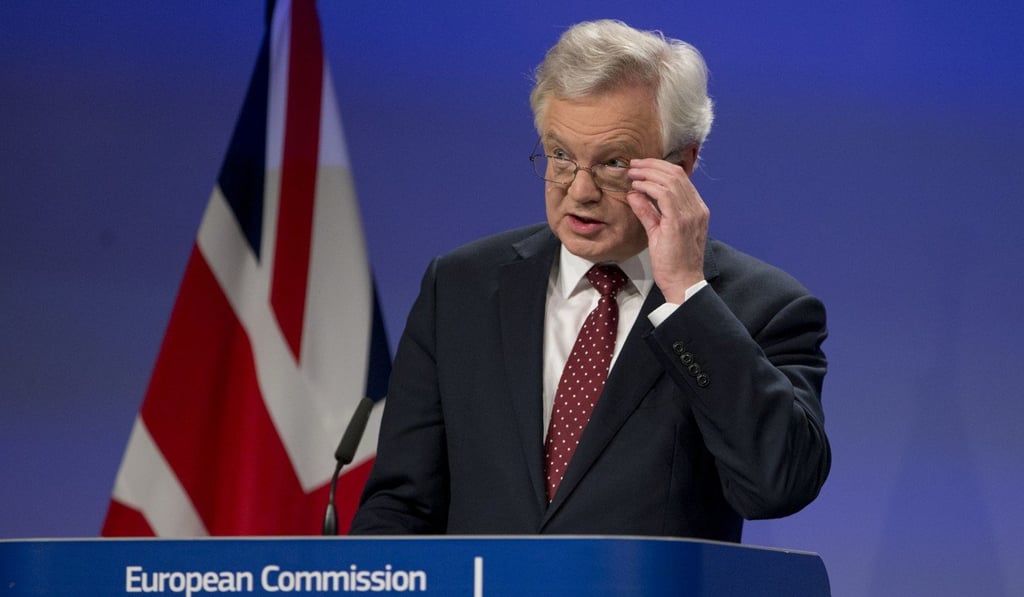Macroscope | Britain’s mounting woes are fast becoming a worst-case scenario
Global markets need to weigh up the spectre of Britain sinking into deeper debt and a possible prolonged recession

It is no exaggeration to say the United Kingdom is living on borrowed time and heading into deep trouble as the Brexit clock counts down to Britain crashing out of the European Union in 2019. Britain and the EU seem too far apart on any mutually acceptable blueprint for leaving, raising the spectre of a highly damaging divorce. Without compromise or consensus soon, the odds are both sides will get their fingers badly burnt.
The chances of no agreement in place by the March 29, 2019 deadline means a hard Brexit withdrawal is the most probable outcome. This is causing huge ructions in British political life, with leavers and remainers at each other’s throats, bringing the risk of a UK government collapse closer by the day. If it wasn’t already bad enough for Prime Minister Theresa May’s beleaguered minority government, two cabinet reshuffles in the last fortnight underline the growing scale of the crisis.
As confusion reigns it is hard to see anyone able to make well-informed decisions about spending or investing in the UK economy. The UK stock market stopped making sense long ago thanks to the deluge of global cheap money ram-raiding its way into financial markets. At least the wobbly UK pound is showing a bit more brutal honesty, as global money traders size up Britain’s increasingly bleak economic prospects post-Brexit.

Capital flight, quickening de-industrialisation, political marginalisation and a collapse of national creditworthiness are no hallmarks of cast-iron security for any currency. In the worst-case scenario, Britain could end up barraged by a full-scale currency crisis if international confidence really starts to balk. Britain’s relegation from the first world order of major industrialised nations seems almost inevitable.
Set against this backdrop it is no surprise UK consumers, homebuyers and businesses are having problems committing to the future. Retail spending intentions are under threat, with consumers feeling the strain of record household debt exposure and growing uncertainty about what post-Brexit Britain holds. House prices, especially in the luxury end of the property market are already starting to feel the pinch. It will soon start to percolate lower down the chain.
The corporate outlook looks especially grim. Investment confidence is beginning to suffer, not least as companies feel confused about the future regulatory outlook, potential tax implications and the real risk of higher trade barriers with Europe. International banks and major financial institutions are making ready plans to jump ship and re-locate to Frankfurt, Paris, Brussels and Dublin.
